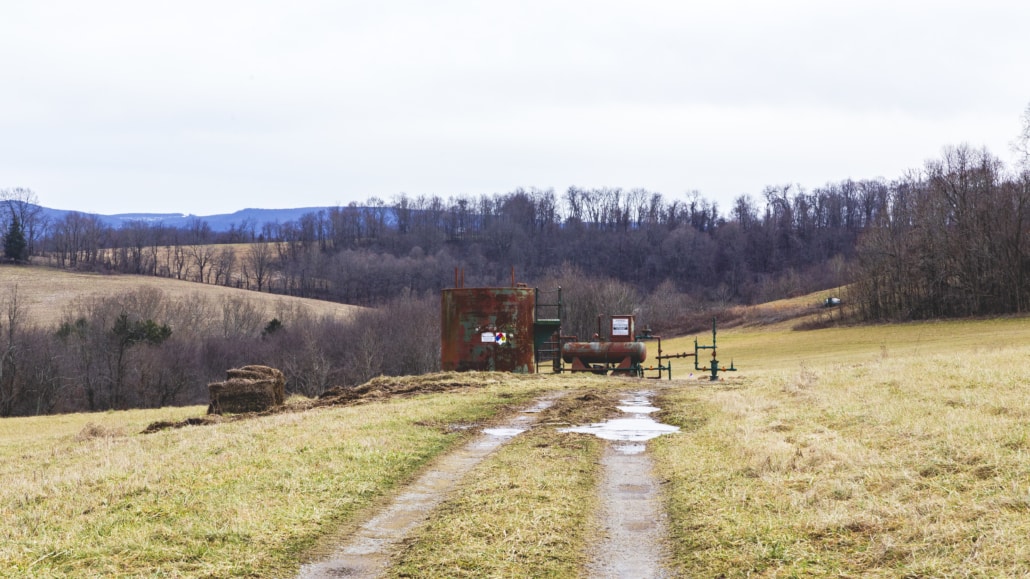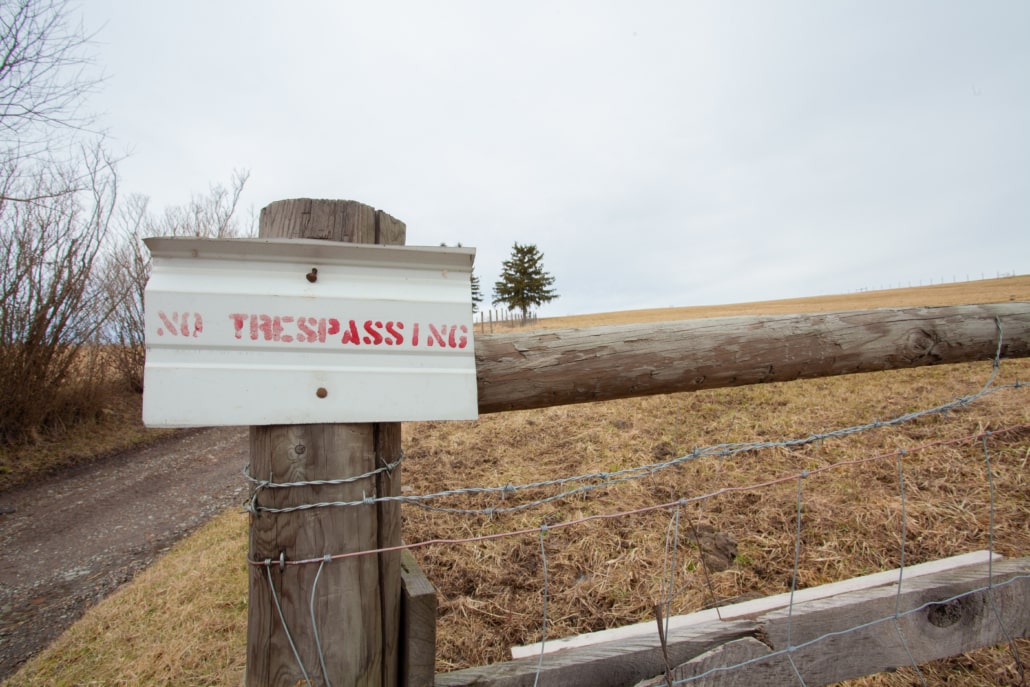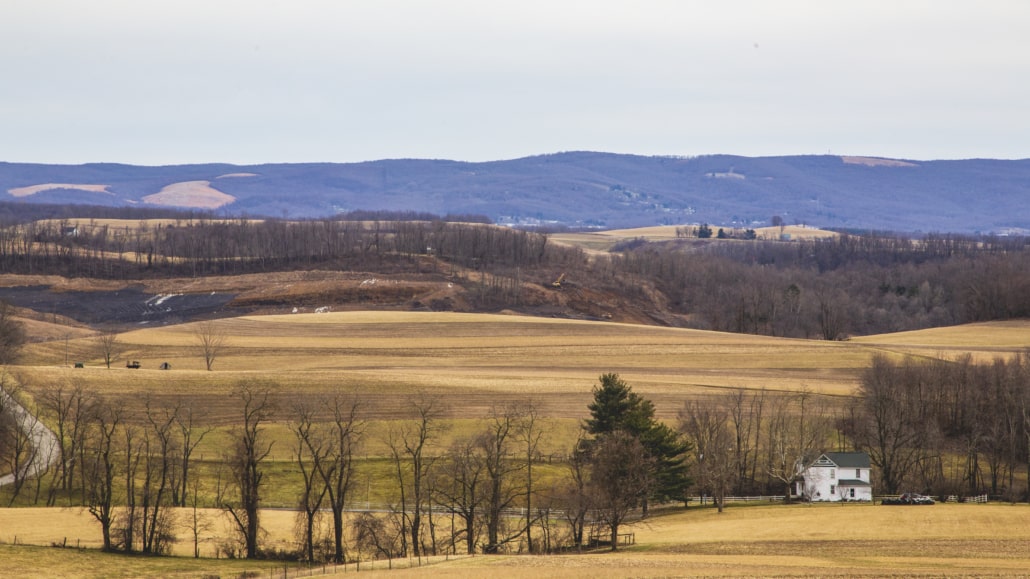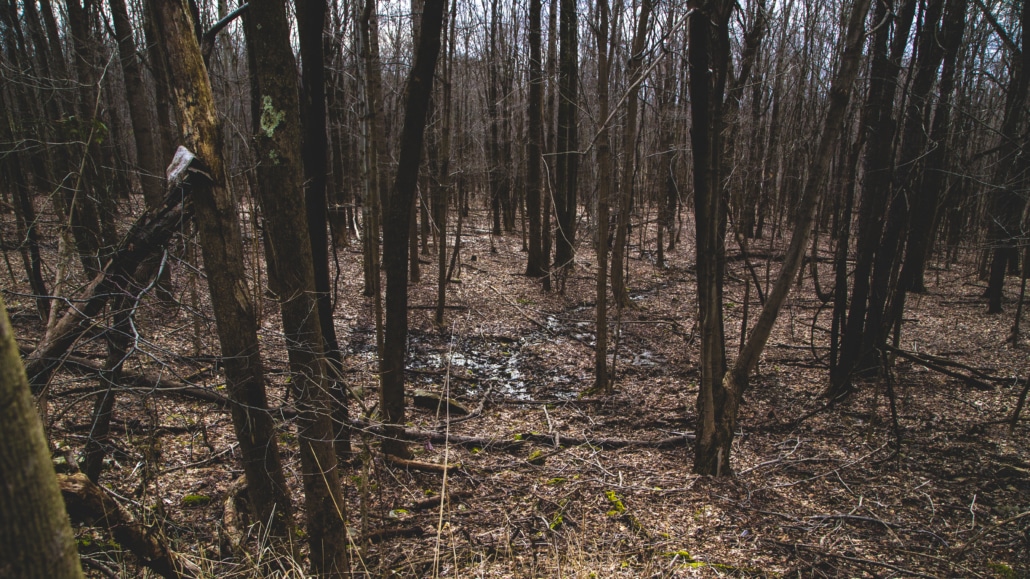Hunting Land For Sale Value |Factors Determining Hunting Property Value
Owning a piece of hunting land has long been the American dream for outdoors men and women since the beginning of time. A place you can call your own and do what you please. All while spending time in the great outdoors doing what you love. We say CAN because there are careful considerations to take into account when buying, selling, and owning property for the purpose of hunting. Below we’ll dive into some of the specific factors that contribute to calculating hunting land value and worth. Ultimately finding a realistic selling price. So, what’s your hunting land for sale actually worth?
Hunting Property Location
Location, location, location. It should come as no real surprise that an article pertaining to real estate mentions location. After all, location of the hunting land for sale property will largely dictate the overall value, especially when it comes to deer hunting. Don’t believe us? Just take a gander at the average per/acre land prices in the leading Boone and Crockett Counties for whitetail deer. From the region all the way down to the neighborhood, property values are greatly influenced by their location. While deer hunters and property owners are quite aware. Whether it’s an 80 of timber tucked in the hills of the famed Buffalo County, WI or an 80 of flooded cornfield in the Mississippi Delta. There are areas that will inherently carry greater value simply due to the location and historical reverence.
Access
Access to a hunting property is another important factor when determining value. Something that is often overlooked by buyers and sellers. How valuable is a property if it’s tough to access? Nowadays, access routes that add to the property value are one’s that have a well-defined trail system or vehicle access whether it’s in the form of a truck or ATV. Tough to access parcels that require permission via the neighbor (landlocked). One’s that have no trails can take a big hit when it comes to property valuation and marketability. If you’re a buyer, perhaps this is a good thing because you know you can purchase the property for a cheaper price. Then immediately add value by adding an extensive trail network on the property. However, if you’re the seller, it may be worth hiring a dozer for a few days to increase the marketability of the property. In addition to trails running through the property, road access and tractor paths are also incredibly important.
Land For Sale Makeup
The overall composition of a piece of hunting land for sale will play a large role in determining the value of a hunting/recreational property as well. How much of the land is agricultural, timber, wetland, CRP, etc. Each land type will carry a different price tag so to speak, especially when you consider the regional differences. For instance, agricultural land is worth more in the Midwest compared to the southeast where timber is main commodity. Diving deeper, the quality of Ag land varies greatly from property to property and will have a dramatic impact on the overall value of a property when it comes to selling or renting that land.
The soil quality, type, and terrain all play a role in determining the overall value of Ag land on a property. This is where working with a knowledgeable agent is crucial, as they know the local markets better than anyone. In the same breath, the composition of a property is going to appeal to some more than others, thus having an impact on its overall value. A whitetail hunter might not be too thrilled about a piece of marshland along the Mississippi, but it might be a duck hunter’s dream property.
Income Potential
Contrary to popular belief, hunting land may be more affordable than one would think. Here’s a few investor savvy strategies that can turn your dream hunting property into an income generator.
Lease Crop/Pasture Land
The first strategy that many hunters are familiar with is to rent out any farmland whether it be for cash cropping or livestock grazing. Use this strategy as a means to lower your monthly payment, help with property taxes, or even make you money on your property. Of course, the fertility of the ground and current crop prices will ultimately dictate the amount of income potential.
Hunting Land Timber Value
A timber harvest may also be an income generator from a hunting property. Selling off timber is a bit more complicated than simply handing a lease over to a farmer every year. Going into a property, it’s always wise to have an experienced forester along to walk you through the process. Just because you see a lot of trees doesn’t mean there’s a profit behind them. A lot of factors can impact the value of a timber stand. Such as the size of trees, species, accessibility, and current market conditions.
The one nice thing about timber compared to Ag crops is that it grows year round. This allows you to time the market over the course of several years. All while the timber volume increases. Understand what the impacts of logging are in terms of income. As well as property value before and after to help you decide what the best path is moving forward.
Mineral Rights
There’s always a chance the property in question is sitting on a gold mine – literally and figuratively. While an actual gold mine might be a bit unlikely. Things like natural gas, frack sand, coal, and oil are certainly possible. So, who owns the rights/income potential from minerals? This is where things get tricky.
Hiring a qualified agent along with a mineral rights attorney is in your best interest. The hassle and confusion comes about because mineral rights may have been severed from the surface rights of a property at some point in time. Yes, you heard that right – you may own the surface (aka the right to build, farm, plant trees, etc.), but some other entity could own the mineral rights (aka the stuff below the surface). Navigating these waters can be tricky business. Nonetheless, there’s always a possibility that you own a “gold mine” . Which can drive up the value of a property dramatically and make your land for sale that much more desirable.
Specific Hunting Habitat Features
As hunters, we know there are a lot of variables that can ultimately impact a property’s value aside from the major assets previously discussed. Things like food plots, native cover, bedding areas, tree plantings, orchards, watering holes and ponds will all impact the overall value of hunting land. The best part is these are all things you can improve upon to increase the value of a property. Whether you’re looking for a turnkey, ready-to-hunt property or a piece on which you can improve upon, don’t overlook these crucial habitat features.
Often, people buy a raw piece of hunting land for sale that hasn’t been managed with wildlife in mind. Wildlife management can be one of the quickest ways to build equity. Starting small with an end goal of improving and selling down the road is a great method for working your way up to bigger properties. Remember, land can be a great and profitable investment if you buy it right and improve the property.
End Goal
If your end goal is to own 200 acres of prime deer hunting land, start with a 20 or 40-acre property. Throw some food plots in and create a good trail network. Perhaps a water hole or two, and remove any junk to add instant equity into the property. While also improving its value for a future sale. Not only will the property look nicer to future buyers, but it’ll also hunt better.
Using the buy>improve>sell method along with the 1031 exchange (ask one of our agents how a 1031 can help you acquire your dream property. At a faster rate than you ever thought possible.It is a great way to turn your small investment into one you never thought possible. All while having your own private hunting property along the way. Short term sacrifices can lead to long-term gains. Base Camp Country Real Estate can also help you find the perfect property! If owning a property is too daunting of a task. Leasing your own hunting spot every season is easier than ever with Base Camp Leasing services.





Leave A Comment